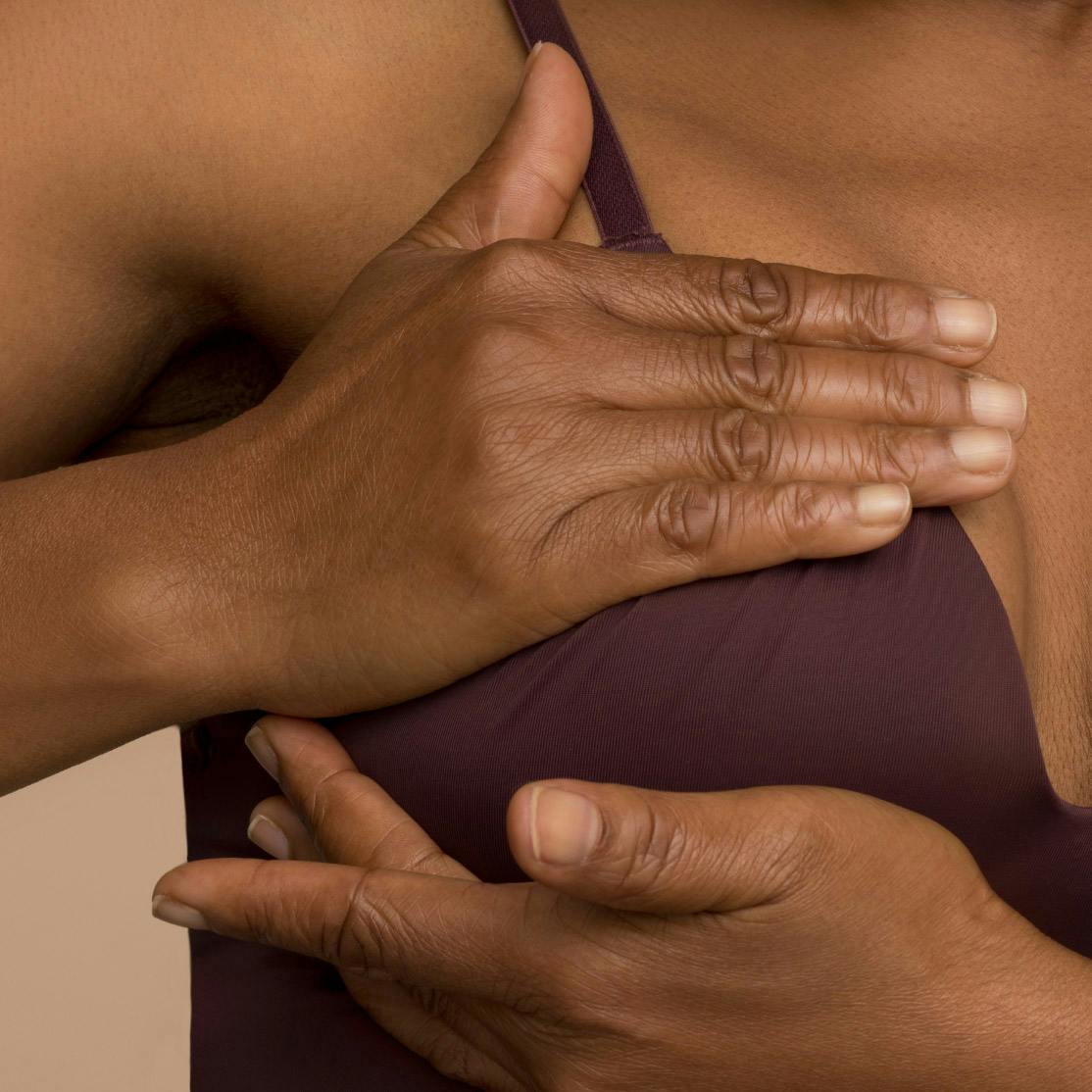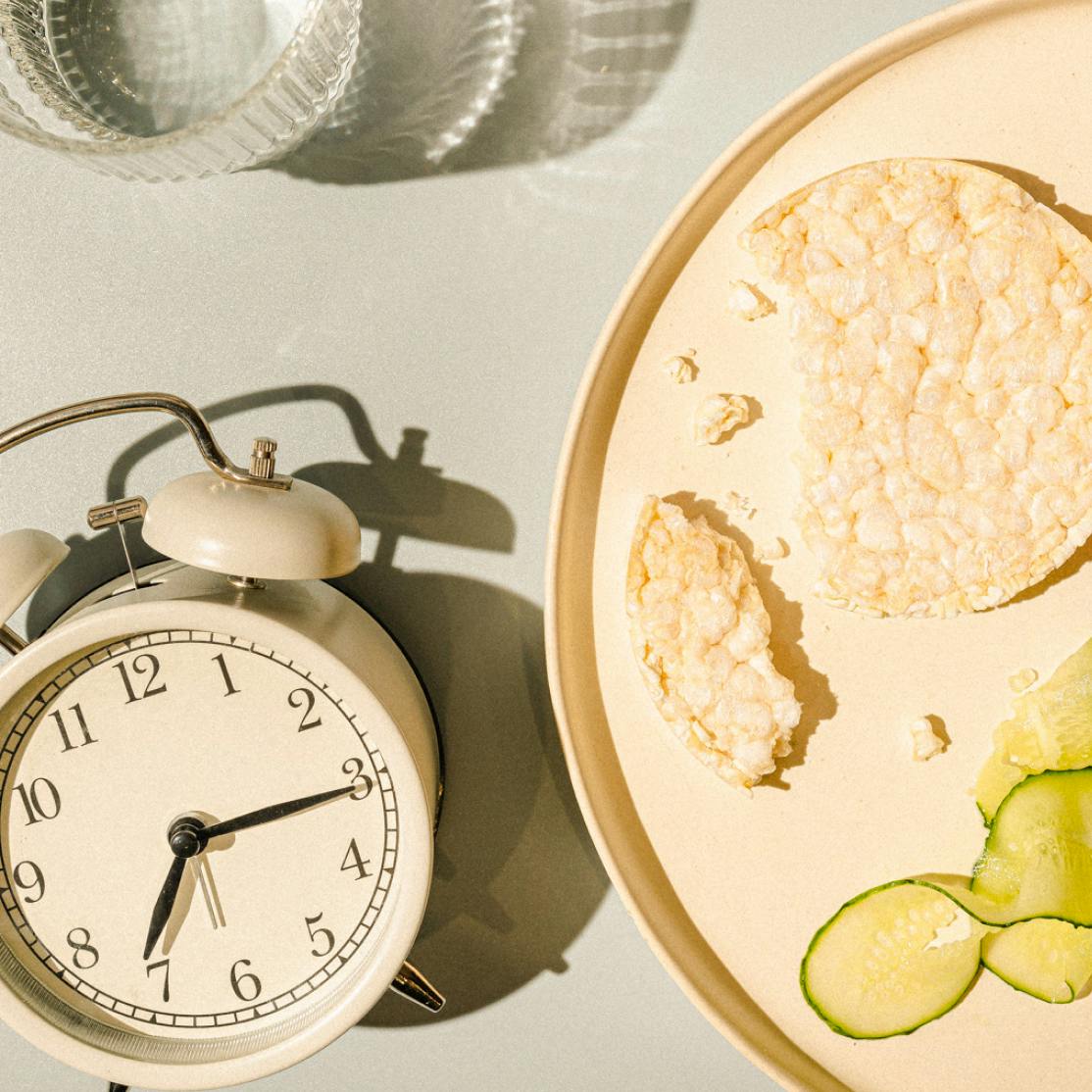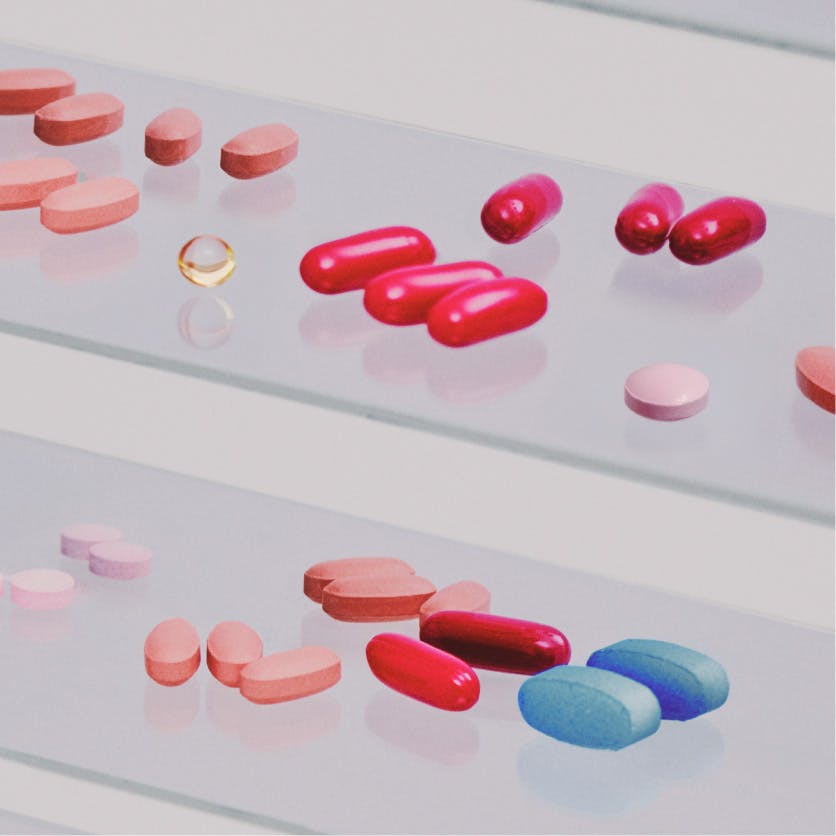Does breast tenderness during the menopause transition have you asking, Is it normal for my breasts to ache this much? Or just, Ouch, what’s going on? You’ve come to the right place for answers. Menopause can cause breasts to feel extra tender in a way you probably haven’t experienced since your training bra days or your last pregnancy, so it’s understandable if you feel caught off guard.
It’s also normal to worry that the pain you’re feeling could be a sign of something more concerning. While it’s true that two-thirds of breast cancer diagnoses occur in women over 55, breast pain is a very uncommon sign of breast cancer, while soreness is a typical menopause symptom. So don’t hit the panic button. What you’re feeling only rarely points to a more serious issue.
But that doesn’t mean you shouldn’t seek out help for relief. You don’t have to tough out menopause symptoms, especially those that impact your quality of life. And working with a healthcare provider can help. At Midi, our trained menopause specialists can help you understand the “why” behind menopausal body changes, and they can offer a range of solutions, including prescription medications and lifestyle coaching.
Read on to learn more about why menopause can cause breast tenderness and how to find much-needed relief.
Understanding Breast Tenderness in Menopause
Before we talk about breast pain, let’s first define menopause.
Technically, you enter menopause when you’ve gone a year without a period, but the transition to get to that point can take anywhere from seven to 10 years. During this time, which is called perimenopause, your body’s levels of estrogen and progesterone can fluctuate wildly until they ultimately begin a steep decline, all of which can lead to a range of symptoms, including tenderness in your breasts.
Breast pain during perimenopause is typically cyclical. The hormones that signal that your period is about to start can lead to changes in the breast tissue and ducts that may cause swelling, tenderness, and achiness. You may also feel a “tightness” around your breasts or a stinging feeling from deep within the breast tissue. This is all normal. As you move further through perimenopause, your body will start releasing hormones irregularly, which is why you may start to feel breast pain even when you’re not PMS-ing.
Lifestyle factors can also contribute to breast tenderness. A high intake of salty foods, alcohol, and caffeine might exacerbate inflammation and lead to more pain. If your breasts are prone to tenderness, staying hydrated and limiting processed foods may help.
Rarely, though, breast pain indicates that you need medical attention. If you find a lump or dimple in your breast, or your breast pain is accompanied by discharge from the nipple, contact a doctor immediately.
What Helps Sore Breasts During Menopause?
If your breast pain is mild and predictable, you can probably mitigate it with at-home remedies.
For some, a well-fitting sports bra may be all that’s needed to relieve breast pain during menopause. When sized correctly, a sports bra supports and compresses your breasts, alleviating swelling. It also prevents any pain that could be caused by your breasts jostling while you move through your day.
Small changes to your diet can also have a big impact on menopause symptoms, including breast tenderness. Be mindful about what you eat when your breasts are aching or you know your period is on its way. Limit foods high in salt, as they can increase fluid retention and amp up inflammation. Some women also react poorly to caffeine and alcohol, so take note of any foods that lead to breast pain or sensitivity. Supplements can also be helpful (see more on those below).
Stress, too, can wreak havoc on your already-haywire hormones, especially during menopause. Midlife isn’t always a peaceful stage, but it’s crucial to actively manage your stress and find ways to stay centered and mindful throughout your day. Yoga, meditation, and deep breathing exercises are great for managing stress levels.

How Do You Relieve Hormonal Breast Tenderness?
If a sports bra and low-sodium diet aren’t enough to provide lasting relief for your breast pain, don’t give up. It may be time to contact a doctor or a menopause specialist, especially if breast tenderness is one of a number of menopause symptoms disrupting your life.
Over-the-Counter Medications
Ibuprofen (Advil) and acetaminophen (Tylenol) are often first-line treatments for breast pain. These over-the-counter painkillers are effective and may be all you need if your breast pain is cyclical and temporary (just confirm with your primary care provider or Midi clinician that these medications are safe for you to take). However, these painkillers are more of a band-aid than a cure, and may not address the root cause of your soreness.
Hormone Therapy to Help Ease Breast Tenderness
If you’re seeing a gynecologist or menopause specialist about your menopause symptoms, they may eventually recommend hormone replacement therapy (HRT). Despite the name, HRT for menopausal women doesn’t actually replace your premenopausal level of hormones as much as it supplements them as they decline.
Your doctor will prescribe supplemental estrogen and, for all women with a uterus, progesterone, to help ease the symptoms caused by hormonal fluctuations. HRT takes many forms, including a patch, pill, cream or gel, and should be personalized to your health history and symptoms.
In some women, HRT can relieve their breast pain almost completely. In others, it can make your breast pain more predictable so that you can better prepare for episodes. Talk to your healthcare provider or book a virtual visit with a menopause specialist through a platform like Midi before starting HRT to ensure it’s the right choice.
Alternative Remedies and Therapies
When it comes to managing menopause symptoms, including breast tenderness, it can be helpful to take a holistic approach to your care. You might find that while traditional medicine helps your breast pain, it still needs a little “boost” to be totally effective. And natural remedies can be powerful for many women.
- Flaxseed and soy products are believed to be beneficial due to their phytoestrogen content, which can mimic estrogen in the body.
- Evening primrose oil and vitamin E are supplements often recommended for sore breasts and other hormonal symptoms, as their concentrations of omega-3 fatty acids can help ease breast tenderness.
- Acupuncture may be an option for you, too: Recent research has shown that acupuncture is a powerful tool for relieving hormonal breast pain. While this connection is still being explored, experts think that the right kind of acupuncture could help regulate your body’s estrogen release.
Preventive Measures for Sore Breasts in Menopause
If breast soreness is a PMS symptom for you, you’re more likely to experience it in menopause too. Even if not, preventative care can do you a world of good.
Exercise can help stabilize estrogen levels in your body, and swimming and yoga are especially well-suited for women in menopause. Swimming helps to take some pressure off your chest and breasts, allowing the muscles surrounding your breast tissue to relax. Gentle yoga can also alleviate some of the more intense pain that breast tenderness can lead to.
How Long Do Sore Breasts Last During Menopause?
Every woman has a different menopause experience, and the duration and severity of symptoms varies widely. Some women will have cyclical breast tenderness for the entirety of perimenopause, which can last anywhere from three to 10 years. Others may only feel breast pain after menopause has set in, and some never experience it at all.
Generally, though, your breast pain should subside once your hormone levels stabilize and adjust to their new postmenopausal normal. While you may experience occasional tenderness and pain, cyclical breast pain should more or less go away.
When to Consult a Healthcare Provider
Breast pain rarely signifies anything more serious than hormonal fluctuations, but it’s better to see a doctor sooner rather than later. Some warning signs can indicate you need immediate medical attention. These include:
- discharge from the nipples
- changes in the size or shape of your areolas
- lumps or bumps in the skin
- dimples on the breast.
These could all indicate a major infection or other underlying condition.
During your breast exam, always let your doctor know about any breast pain or discomfort you’ve noticed. They can help you understand your symptoms, find a personalized path to relief, or send you for further testing.
Staying current with your mammograms is important. Aging puts women at a higher risk of developing breast cancer, and early detection is the best weapon against it, which is why Midi keeps all patients up to date on necessary breast imaging.
Your FAQs About Breast Tenderness Answered
What causes breast tenderness during menopause?
Breast tenderness during menopause is primarily caused by hormonal fluctuations, particularly due to changes in estrogen and progesterone levels, which affect breast tissue.
Is breast tenderness a normal part of menopause?
Yes, breast tenderness is a typical and common symptom experienced by many women during menopause, though its intensity can vary from person to person.
How can I relieve breast tenderness at home?
Relieving breast tenderness at home can be achieved through lifestyle changes like wearing more supportive bras, applying warm or cold compresses, and engaging in gentle exercise.
Are there any dietary changes that can help with menopausal breast tenderness?
Eating a balanced diet rich in omega-3 fatty acids, reducing caffeine, salt, and alcohol intake, and staying hydrated can all help alleviate breast tenderness during menopause.
Should I consult a doctor for breast tenderness during menopause?
Yes, you should consult a doctor if breast tenderness is severe, persistent, not tied to your cycle, or accompanied by other concerning symptoms, to rule out other medical conditions.
Can hormone replacement therapy help with breast tenderness?
Yes, in some women, hormone replacement therapy can relieve their breast pain almost completely. In others, it may make breast pain more predictable so that you can better prepare for episodes.
Are there any effective natural remedies for breast tenderness?
Natural remedies like evening primrose oil, flaxseed, and certain herbal supplements may provide relief for some women. Consult with a healthcare provider before starting any new supplement.
How long does breast tenderness typically last during menopause?
The duration of breast tenderness during menopause varies; it can be a transient symptom for some, while others may experience it intermittently for years throughout the menopausal transition.
Can exercise exacerbate breast tenderness during menopause?
While vigorous exercise might temporarily exacerbate breast tenderness, regular, gentle exercise is beneficial and can help alleviate symptoms in the long run.
How can stress management help with menopausal breast tenderness?
Stress management techniques like yoga, meditation, and deep breathing can help reduce overall stress levels, which, in turn, may alleviate menopause symptoms, including breast tenderness.
If you’re in perimenopause or menopause and want guidance from clinicians who specialize in women’s midlife health, book a virtual visit with Midi today.
Hormonal change is at the root of dozens of symptoms women experience in the years before and after their period stops.
Our trained menopause specialists can help you connect the dots to guide you towards safe, effective solutions.
Whether you need personalized guidance or a prescription routine to tackle symptoms—including brain fog, hot flashes, sleep trouble, mood swings, and weight gain—we’ve got you covered. Learn more here.
Midi’s mission is to revolutionize healthcare for women at midlife, wherever they live and whatever their health story. We believe that starts with education, to help all of us understand our always-changing bodies and health needs. Our core values guide everything we do, including standards that ensure the quality and trustworthiness of our content and editorial processes. We’re committed to providing information that is up-to-date, accurate, and relies on evidence-based research and peer-reviewed journals. For more details on our editorial process, see here.
 Tabitha Wilson
Tabitha Wilson



